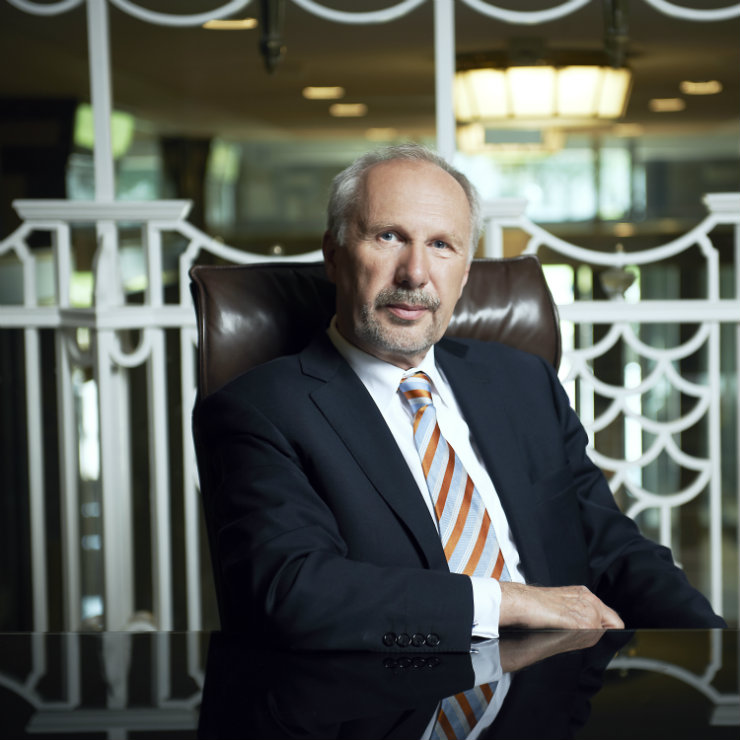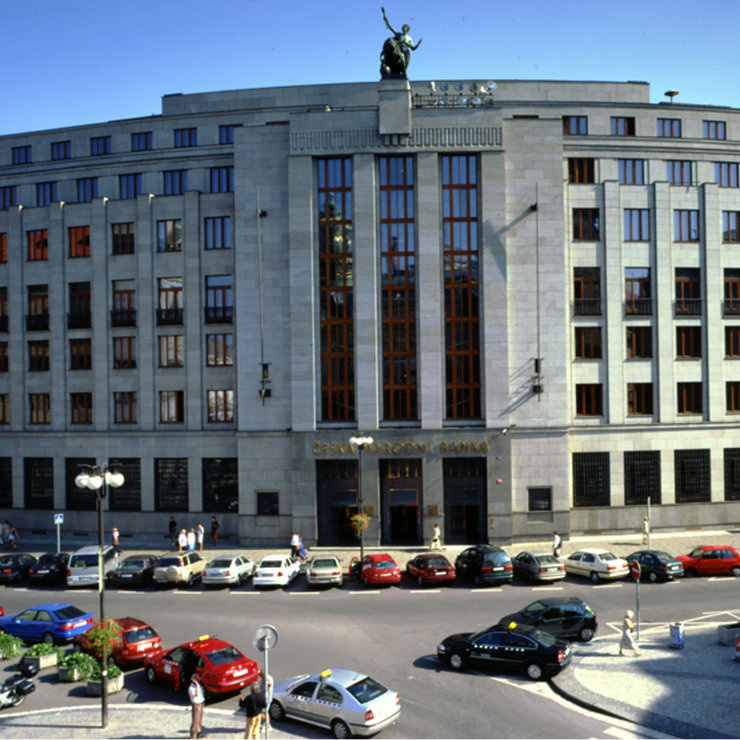
Low fertility and increasing life expectancy in most of the world's economies are causing a decline in the natural interest rate. Too restrictive monetary policy may increase the risk of the economy falling into a deflationary...

“If we were to only take into account the wishes of selected members of the Eurozone, we could act faster, but that is impossible,” says Ewald Nowotny, the Governor of the Austria’s central bank, OeNB.

It is difficult to state explicitly that the risks currently faced by the global financial system are bigger or smaller compared to the situation before the outbreak of the global financial crisis.

Changes in short-term interest rates have a significant impact on the economy, but the size of this impact is curbed by a relatively small role of credit as a source of financing for Polish enterprises.

Czech Finance Minister Alena Schillerova is rethinking her country’s finance strategy. She wants to distribute the country’s growing wealth more widely, and a slowing economy won’t stop higher social spending and...

The low fertility rate and increasing life expectancy are factors that should be taken into account in future monetary policy. We should therefore expect a decline in natural interest rates.

The economic policy leaders participating in the annual meetings of the IMF and the World Bank called on central banks to continue policies based on low interest rates.

Despite the increasingly robust growth of Poland’s economy, a real growth observed in wages and consumption, lending is picking up only moderately.

More than six months ago the expectation was that the new Monetary Policy Council would cut its benchmark interest rate by March — it hasn’t happened yet.

The unconventional monetary policy of the European Central Bank is failing to produce the expected result, i.e. an acceleration of economic growth in the euro area.